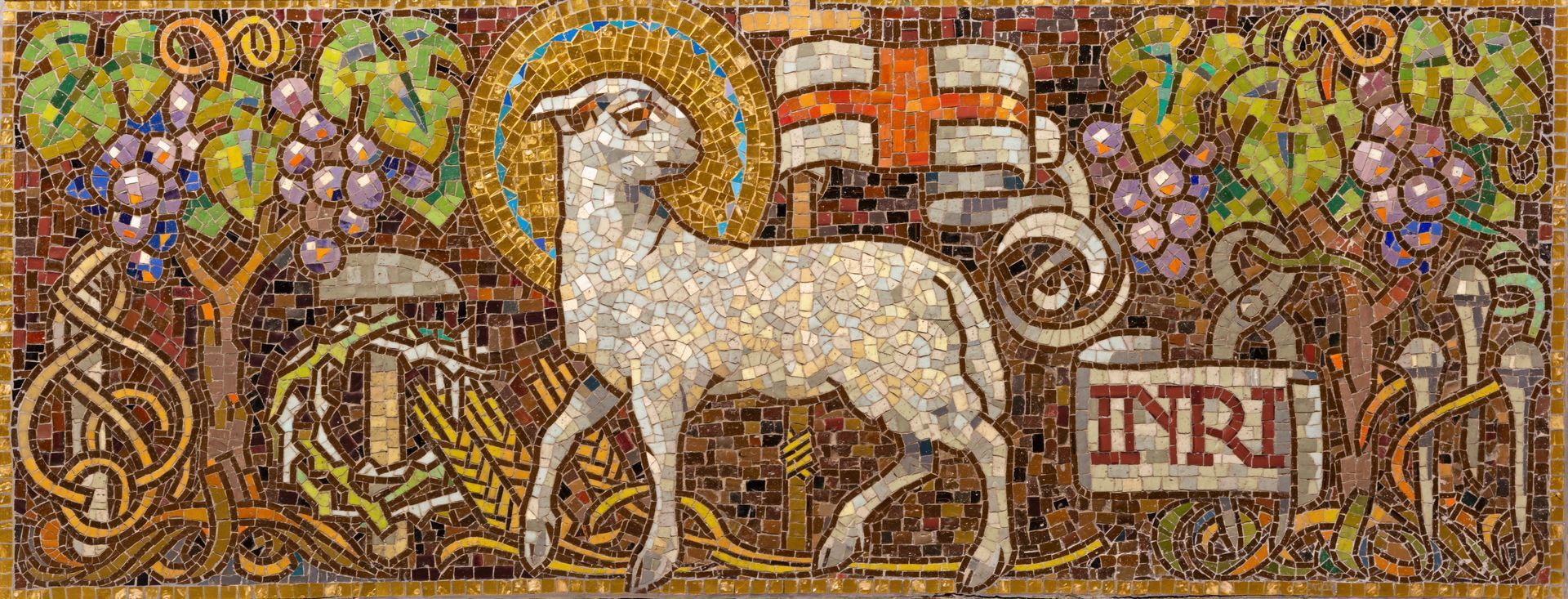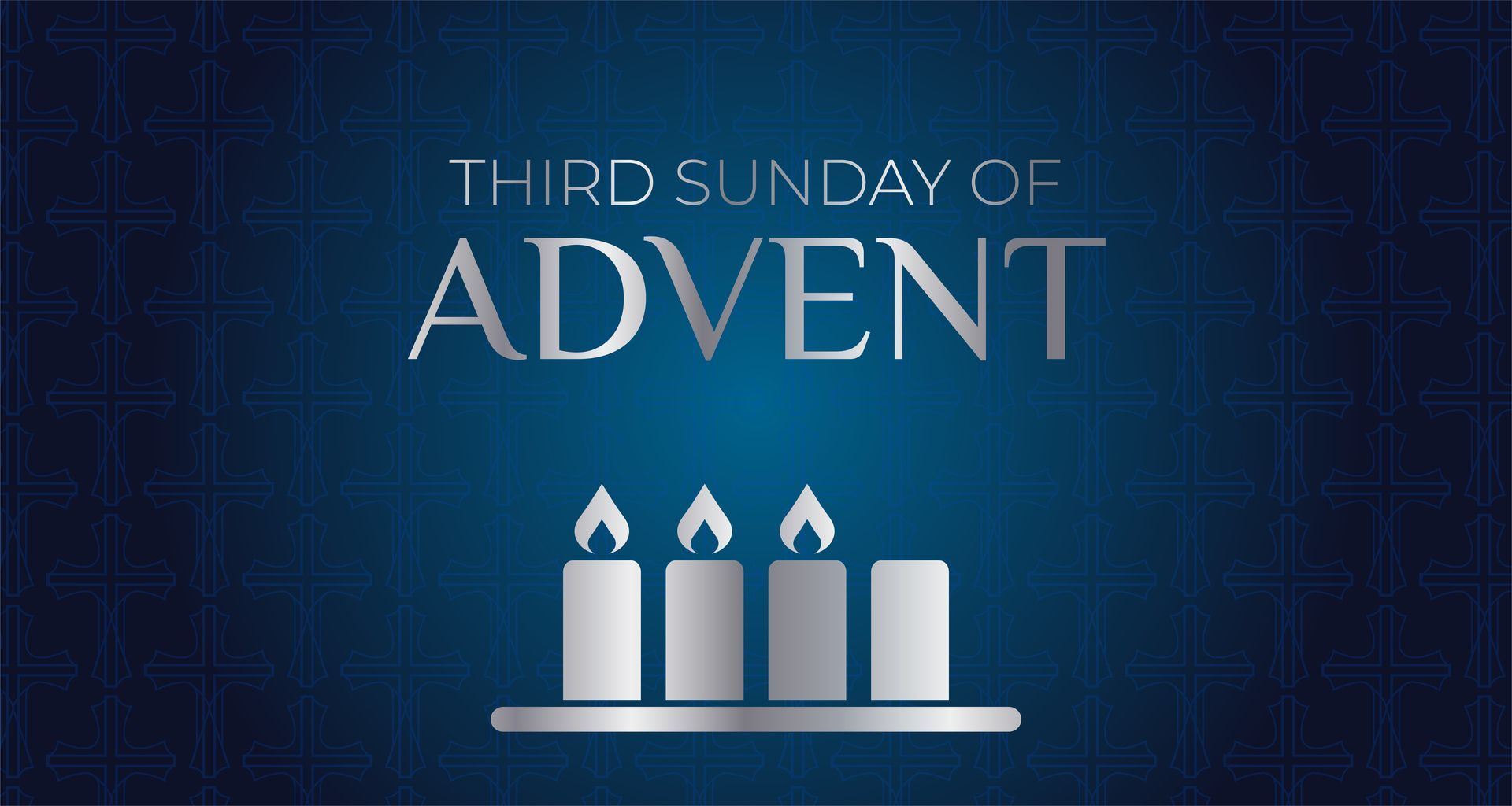With Opened Bible
“To the person who strikes you on one cheek, offer the other one as well.”

“To the person who strikes you on one cheek, offer the other one as well.”
This Sunday's Gospel places us before Jesus' attitude towards human violence. This portion of the Holy Scripture responds to the Law of Moses: "An eye for an eye and a tooth for a tooth" (Cf. Exodus 21:24). In the Old Testament, this law was called Talion (personal vengeance or law of retaliation) and was a way to soften the desire for vengeance and personal retribution in the desert. While a man could kill another for a lost lamb, Moses proposed a perfect proportionality in retribution. One cannot kill a man to replace a lamb. That would be too much to ask.
With Jesus, it is no longer a question of a lesser evil or a proportionality of retribution. Instead, it is a question of letting love and mercy conquer and invade hearts and minds. "But rather, love your enemies and do good to them."
Now, a part of this speech must be elucidated to avoid the number of people toothless in this world and the Church. Why did Jesus ask his audience to offer the other cheek to the person who strikes? Jesus was not a coward, a fool, or a man without character. Rather, he was sent to pacify hearts and minds. Was it not him that the prophet Isiah called the 'Prince of peace' (Isaiah 9:5)? As such, he could not teach violence and vengeance. This reassures us that the path of non-violence is the one we should follow, bringing comfort and peace to our hearts.
Despite this attitude of non-violence, Jesus knew how to protect himself against the insult of the enemy. The proof is his reaction before the tribunal of the High Priest: "When he had said this, one of the temple guards standing there struck Jesus and said, "Is this the way you answer the high priest?" Jesus answered him, "If I have spoken wrongly, testify to the wrong; but if I have spoken rightly, why do you strike me?" (Luke 18:22-23) If Jesus wanted us to offer the other cheek without protest, he would never have asked: why did you strike me?
Saint Luke presents us with a speech inviting the believer to avoid conflicts and especially to avoid the man or woman who has no wisdom. He who does not know God and the revealed truth is a danger to be avoided. Thus, like Jesus himself, who prayed for his persecutors and executioners (Luke 23:43), and like the deacon Stephen, who imitated his Master by forgiving his detractors (Acts 7:60), the Gospel of this Sunday encourages us to be disciples who put into practice the Word of their Master: "If possible, on your part, live at peace with all. Beloved, do not look for revenge but leave room for the wrath, for it is written, "Vengeance is mine, I will repay, says the Lord." Rather, "If your enemy is hungry, feed him; if he is thirsty, give him something to drink; for by so doing, you will heap burning coals upon his head." Do not be conquered by evil but conquer evil with good." (Romans 12:18-21)














